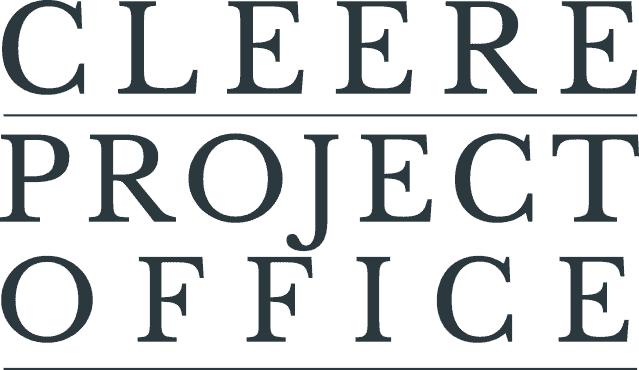
06 Aug
Creating a Project Team Charter
A couple of weeks ago I shared a post about how important it is to kick off projects in a positive manner by utilising a Team Charter.
There are different interpretations of what a Team Charter involves.
A broader interpretation of a Team Charter is that it is an overarching agreement by team members of the goals and responsibilities of the project team i.e., the project mission. Within that broad agreement are key principles or operating guidelines that the team agree on regarding the expected behaviour of the team members in the operation of the project.
A narrower definition is that a Team Charter is exclusively about establishing clear expectations regarding acceptable behaviour by project team members. (Ref: PMBOK® Sixth Edition, Project Management Institute).
Effectively a Team Charter provides a framework to the team for working together while taking on board the business needs. Crucially however it comes from the team, with their input and their agreement. The collaborative process of creating the team charter is a team building exercise in itself.
“…Early commitment to clear guidelines decreases misunderstandings and increases productivity. Discussing areas such as codes of conduct, communications, decision making, and meeting etiquette allows team members to discover values that are important to one another….” (Ref: PMBOK® Sixth Edition, Project Management Institute).
There are many templates available for creating a Team Charter. I have summarised below the areas I think should be represented in any team charter.
If we look at the broader interpretation the team will agree on
- The Purpose: Why the team exists? what is the scope of the team?
- Relationship to business activities: Where does the team fit into business activities? Who does it report to?
- Goals: What are the teams key project outcomes
- Measurements: what qualitative and quantitative metrics will the team use to measure success?
The team will then agree on the norms or operating guidelines: i.e.., how they will work together. In the narrower interpretation of Team Charters, this is all the team agrees on to create a charter:
- Team Values: Each member contributes, and a set of values are agreed.
- Communications guidelines: How, when, what platform, dos, and don’ts of communication
- Decision Making criteria: How will decisions be reached?
- Conflict resolution process: How will the team deal with difference of opinion?
- Workload distribution: What’s fair, particularly in hybrid working situations.
- Meeting guidelines: What’s acceptable and expected at meetings
The amount of time that should be dedicated to creating a Team Charter at the outset of a project varies from a few hours to a day depending on the complexity of the project.
It is advisable to have an outside facilitator help with establishing the guidelines. As always strong sponsorship and trust at higher level management will aid success enormously.
If you or your team need help creating a Team Charter for your next project contact us for a free consultation and a free template.
Brian Cleere is a Project Management Consultant in the SME sector. He has many years of experience in Project Management both operationally and in delivering training. He is a Certified Project Manager (PMP), Professional Scrum Master (PSM), Prince 2 Certified Practitioner, P30 Certified Practitioner (PMO) and Chartered Engineer (MIEI).
Cleere Project Office provides consulting and training services for Project Businesses.

